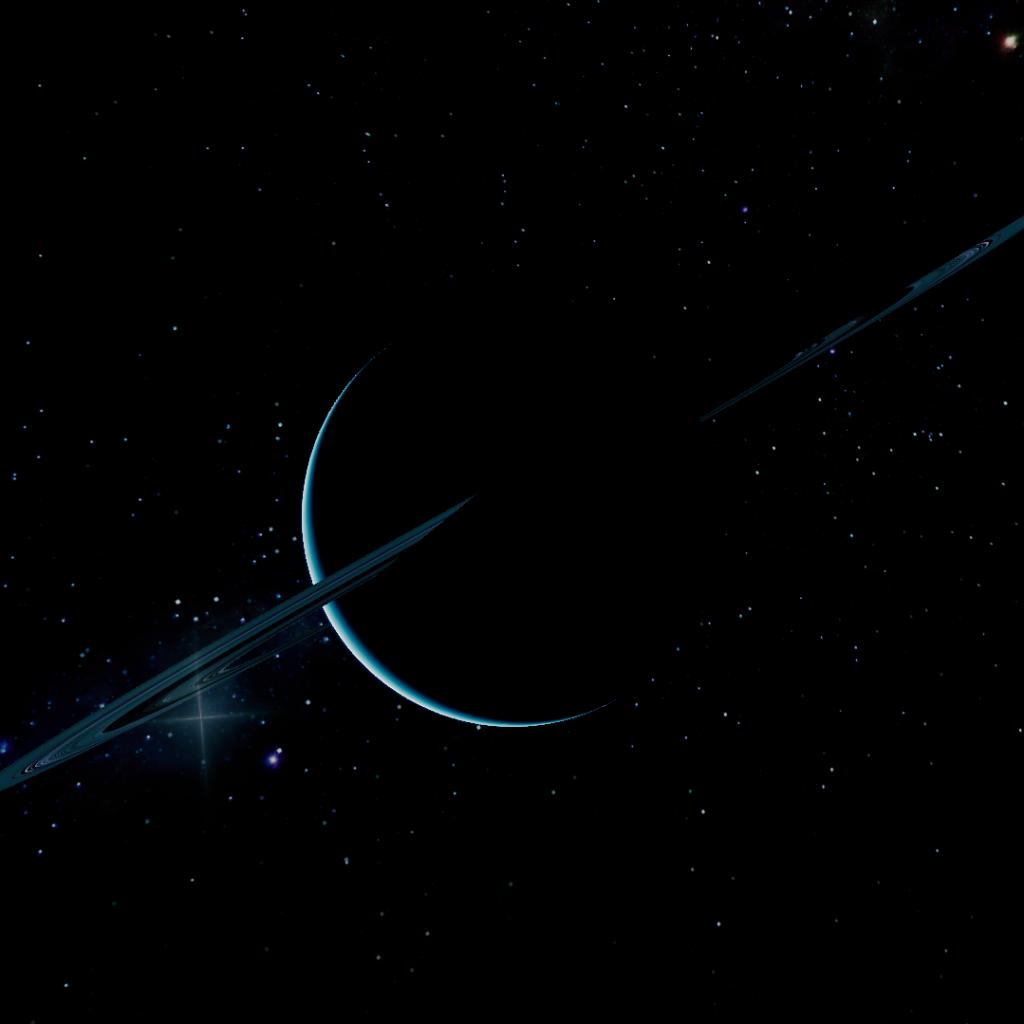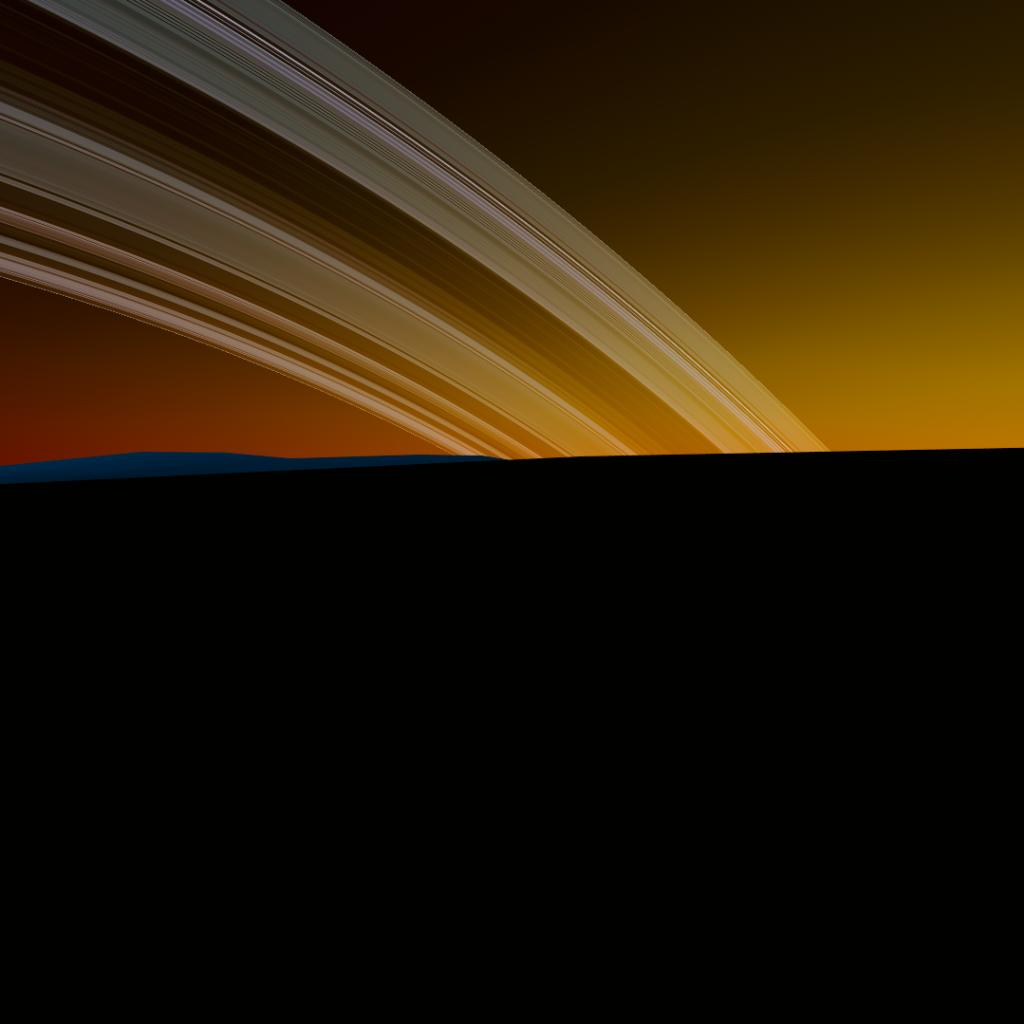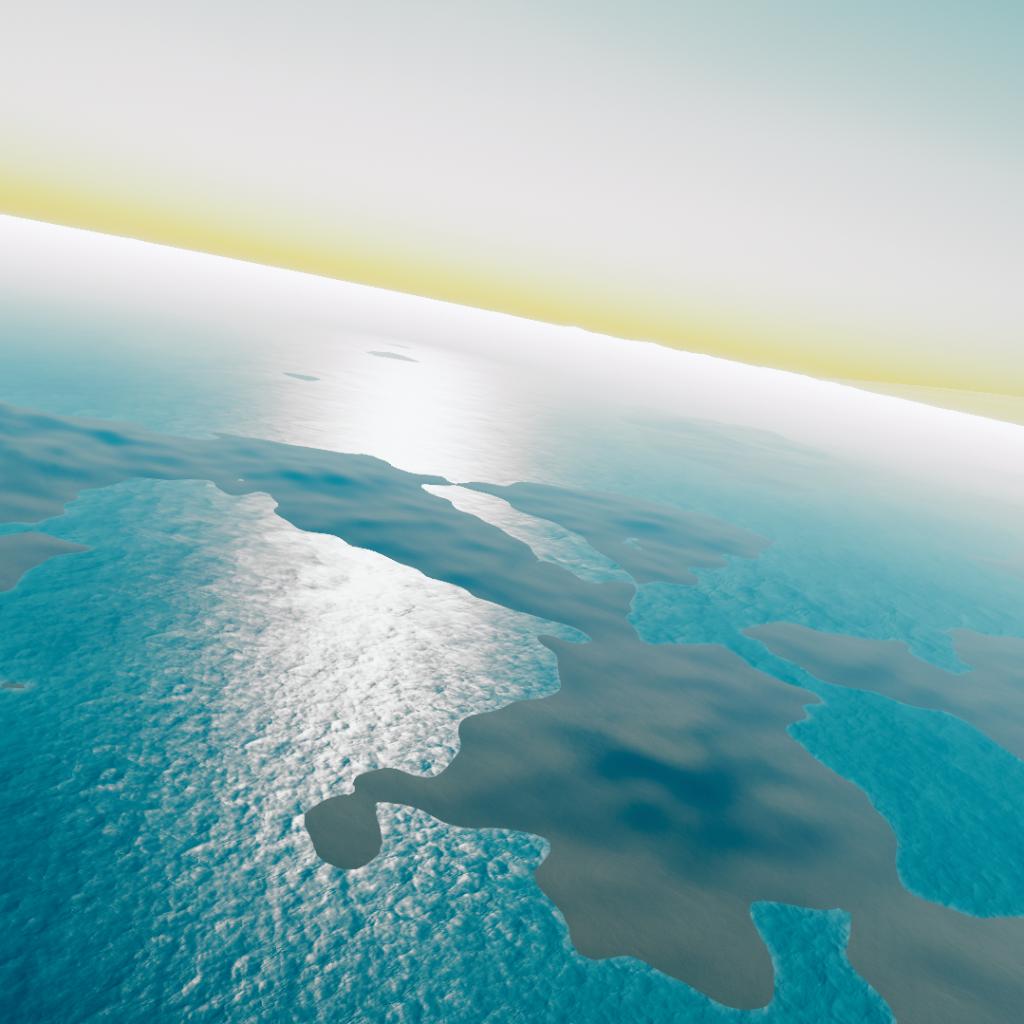CYLERO : The Reborn Planet
General Characteristics
Planet Name: Cylero
Star: Juno, a blue dwarf star
Orbit: Cylero is the fourth planet in the Juno system, situated in a once-harsh region of space.
Lore
Environment:
Before the gamma ray burst, Cylero was a barren wasteland. Its surface was covered in rocky deserts and frozen water, with a thin, unbreathable atmosphere.
Climate:
The planet experienced extreme temperatures, with scorching days and freezing nights. The lack of a substantial atmosphere meant there were no clouds or weather patterns.
Gamma Ray Burst Transformation :
A powerful gamma ray burst from a distant supernova swept through the Juno system, impacting Cylero in a unique way.
Atmospheric Changes:
The intense radiation from the burst caused a series of chemical reactions in Cylero’s atmosphere, thickening it and trapping heat.
Water Melting:
The increased atmospheric pressure and temperature melted the frozen water, creating vast oceans, rivers, and lakes.
Cloud Formation:
With the presence of liquid water and a thicker atmosphere, clouds began to form, leading to a dynamic weather system.
Primordial Soup (Yummers):
The combination of liquid water, a thicker atmosphere, and the energy from the gamma ray burst created the perfect conditions for life to emerge. Simple organisms began to develop in the newly formed oceans.
Evolution:
Over time, these simple organisms evolved into more complex forms of life. Plants began to grow, covering the once-barren land with greenery. Animal life followed, adapting to the new environment.
Ecosystem:
Today, (3859) Cylero boasts a rich and diverse ecosystem, with lush forests, vibrant oceans, and a variety of animal species.
Discovery:
The transformation of Cylero did not go unnoticed. Explorers from the Juno system discovered the reborn planet and were amazed by its rapid transformation.
Colonization:
Efforts to colonize Cylero began, with settlers establishing cities and research stations to study the planet’s unique history and thriving ecosystem.
Drood Migration:
After the gamma ray burst, some of the Droods, facing overpopulation in the Gomillia system, migrated to Cylero. They brought with them their advanced technology and deep connection with nature, integrating seamlessly into the new environment.
Unique Features
Thick Atmosphere:
Cylero’s atmosphere is now thick and rich in oxygen, supporting a wide range of life forms.
Dynamic Weather:
The planet experiences diverse weather patterns, including rain, storms, and gentle breezes, all contributing to its vibrant ecosystem.
Biodiversity: The rapid evolution of life on Cylero has resulted in a unique and diverse array of plant and animal species, many of which are found nowhere else in the galaxy.
Sustainability:
Colonists, including the Droods, are committed to preserving Cylero’s natural beauty and biodiversity, implementing sustainable practices to ensure the planet remains a haven for life.
Continued Exploration:
The transformation of Cylero has sparked interest in exploring other planets affected by gamma ray bursts, with hopes of discovering more worlds where life has emerged in unexpected ways.
Cylero stands as a testament to the resilience of life and the transformative power of cosmic events.
The Moons of Cylero
Noibe:
Cylero once had two asteroid moons. Noibe, the first moon, orbited Cylero until the year 2434. Unfortunately, Noibe drifted too close to Cylero, crossing the Roche limit. The gravitational forces tore Noibe apart, and it disintegrated, forming a beautiful ring system around Cylero.
Herma:
The second moon, Herma, now orbits Cylero alone. Herma is a small, rocky asteroid with a rugged surface. It serves as a reminder of the dynamic and ever-changing nature of the cosmos.
Unique Features
Atmosphere :
Thick Atmosphere: Cylero’s atmosphere is now thick and rich in oxygen, supporting a wide range of life forms.
Dynamic Weather:
The planet experiences diverse weather patterns, including rain, storms, and gentle breezes, all contributing to its vibrant ecosystem.
Biodiversity:
The rapid evolution of life on Cylero has resulted in a unique and diverse array of plant and animal species, many of which are found nowhere else in the galaxy.
Ring System:
The rings formed from Noibe’s disintegration add a stunning visual element to Cylero’s night sky, casting shimmering reflections on the planet’s surface.
GENERAL INFO
- Predecessor: Cylero
- Created On: Windows
- Game Version: 1.3.116.0
CHARACTERISTICS
- Radius: 678 km
- Sea Level: 3,500 m
- Surface Gravity: 7.0 m/s
- Rotational Period: 14h
- Escape Velocity: 3.08 km/s
- Mass: 4.82E+22kg
Atmosphere
- Height: 44 km
- Scale Height: 6,324 m
- Surface Air Density: 0.020 kg/m3
- Surface Temperature: 213 K
EQUIRECTANGULAR MAP

11 Comments
- Log in to leave a comment
-
-
one year ago
@Tallisar, that can't happen at all. You can't make life from non-living materials.
-
-
-
-
-
-
-
-
20.7k Tallisar1.3 years ago
soft sci-fi ahh lore (no offense)
it's great but for life to form from single-celled organisms to plants that cover the entire planet would take millions of years. i am pretty sure it wouldn't take just a couple thousand years, though (realistically speaking)






@Tallisar, to what extent?